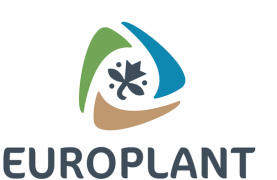The potato (Solanum tuberosum L.) stands as a cornerstone crop in securing food availability and resilience globally. This study explores how the selected plant growth regulators, gamma-aminobutyric acid (GABA), Cycocel, and melatonin, can enhance the vigour and productivity of this crucial crop, offering significant promise for global agriculture. Treatments included foliar applications of distilled water (control), GABA at three concentrations (10, 20, and 30 mg/L, denoted as G1, G2, G3), Cycocel at two concentrations (200 and 400 mg/L, denoted as C1 and C2), and melatonin at three concentrations (0.1, 0.2, and 0.4 mM, denoted as M1, M2, M3), each tested in a completely randomized design with four replications. The findings reveal that melatonin, especially at its highest concentration (M3), profoundly boosted the growth parameters of potato plants. This treatment delivered remarkable increases in shoot fresh weight (65%) and dry weight (72%), alongside significant enhancements in mini-tuber fresh weight (50%) and dry weight (68%). The starch content also surged by 21% with the M3 treatment compared to the control, underscoring melatonin’s potential in enriching both the yield and nutritional profile of potatoes. While all the hormonal treatments increased the photosynthetic pigments compared with the control, the variations among the hormonal treatments were not statistically significant. However, M3 and G2 notably supported photosynthesis, improving parameters such as transpiration, stomatal conductance, and photosynthesis rates, although differences between them remained subtle. In conclusion, melatonin, particularly at its M3 concentration, emerges as a distinguished treatment for maximizing both the yield and quality of potato crops. These insights highlight the critical role of precise growth regulator dosages in achieving higher productivity and nutritional richness, emphasizing the essential contribution of innovative agricultural practices to global food security.
Full publication URL















